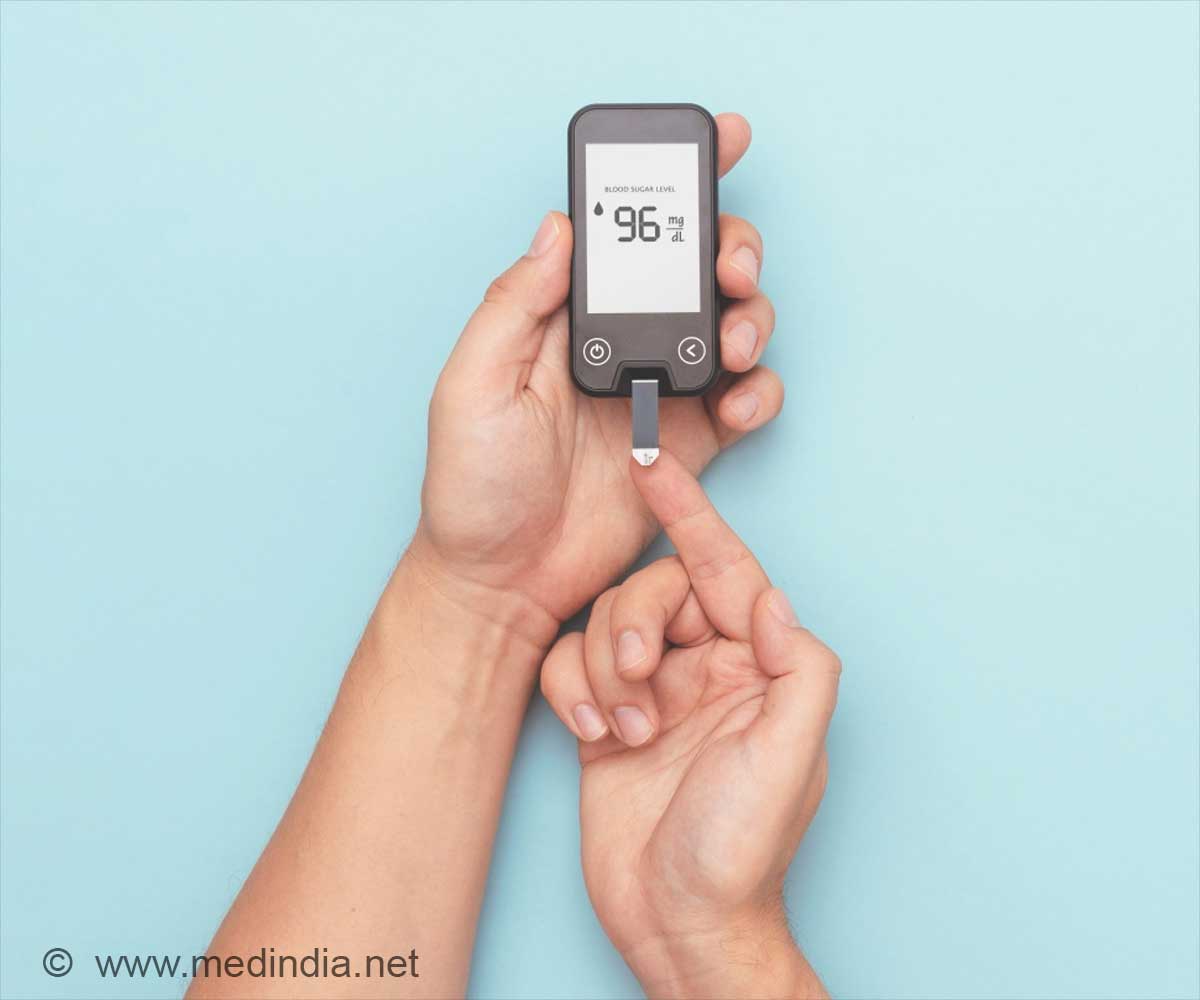
‘Combining a temporary one-year intestinal bypass device with the drug liraglutide helps patients lose weight and improve their diabetes control better than using either the device or the drug alone.’
Tweet it Now
"The endobarrier is less invasive than surgery, achieves a similar level of bypass, and can be inserted as a simple quick outpatient endoscopic procedure that patients are likely to find more acceptable. They have one year in which to change their eating behavior, and the endobarrier helps to do this." The endobarrier is a 60 cm (23.6 inch) open-ended, thin, flexible plastic sleeve that is inserted non-surgically through the mouth and lines the upper small intestine to prevent food contact with that portion of the digestive tract. The liner can be removed as desired.
Sen Gupta and her colleagues recruited 70 patients who had difficulty controlling their Type 2 diabetes and were obese despite previous liraglutide treatment. At baseline, all groups were in their early- to mid-fifties on average with average body mass index around 41 kg/m2.
The researchers randomized participants to one of three groups: 24 patients received an endobarrier and liraglutide; 24 received only an endobarrier; and 22 received only liraglutide.
For the first two weeks, all patients were on the same diet and were given the same dietary information. All participants receiving an endobarrier were implanted with the device for up to one year and assessed every three months. Among the 70 patients, the one-year results show that the endobarrier-plus-liraglutide group and the endobarrier-alone group have lost more weight than the liraglutide-only group (12.8 kg, 12.5 kg and by 4.0 kg, respectively).
Advertisement
All serious device-related adverse events in the endobarrier-treated patients, including gastrointestinal bleed, obstruction, complicated removal and liver abscess were resolved after device removal.
Advertisement
Source-Eurekalert














